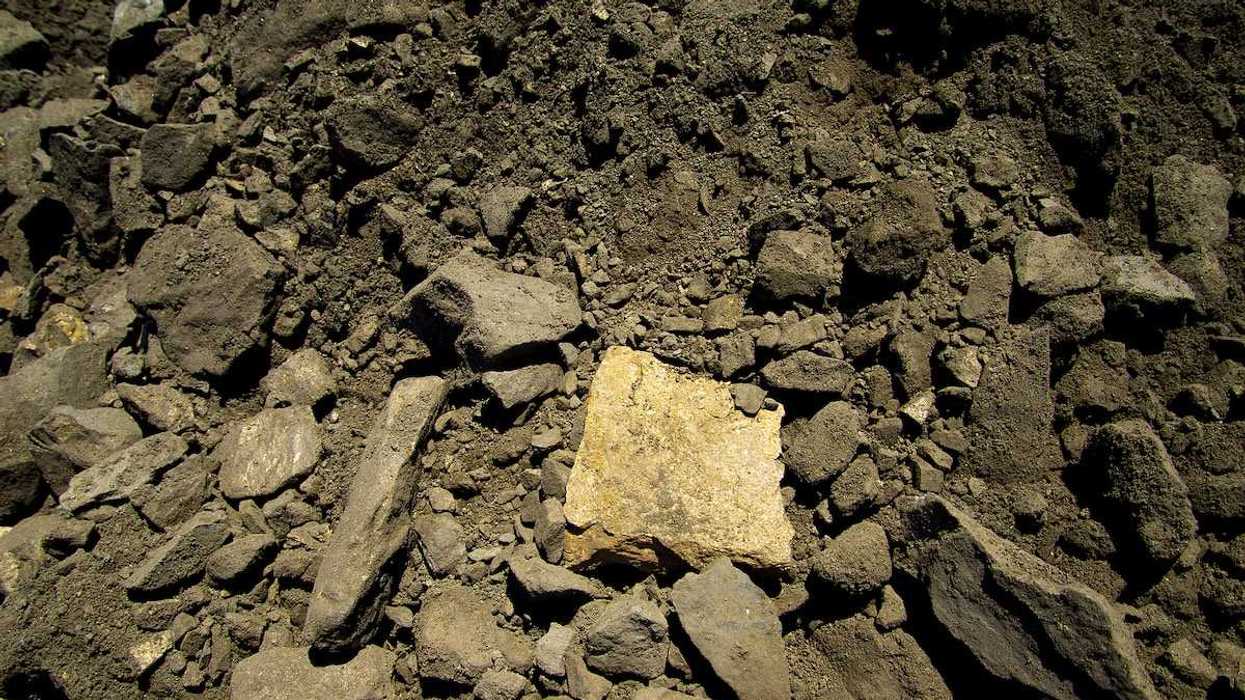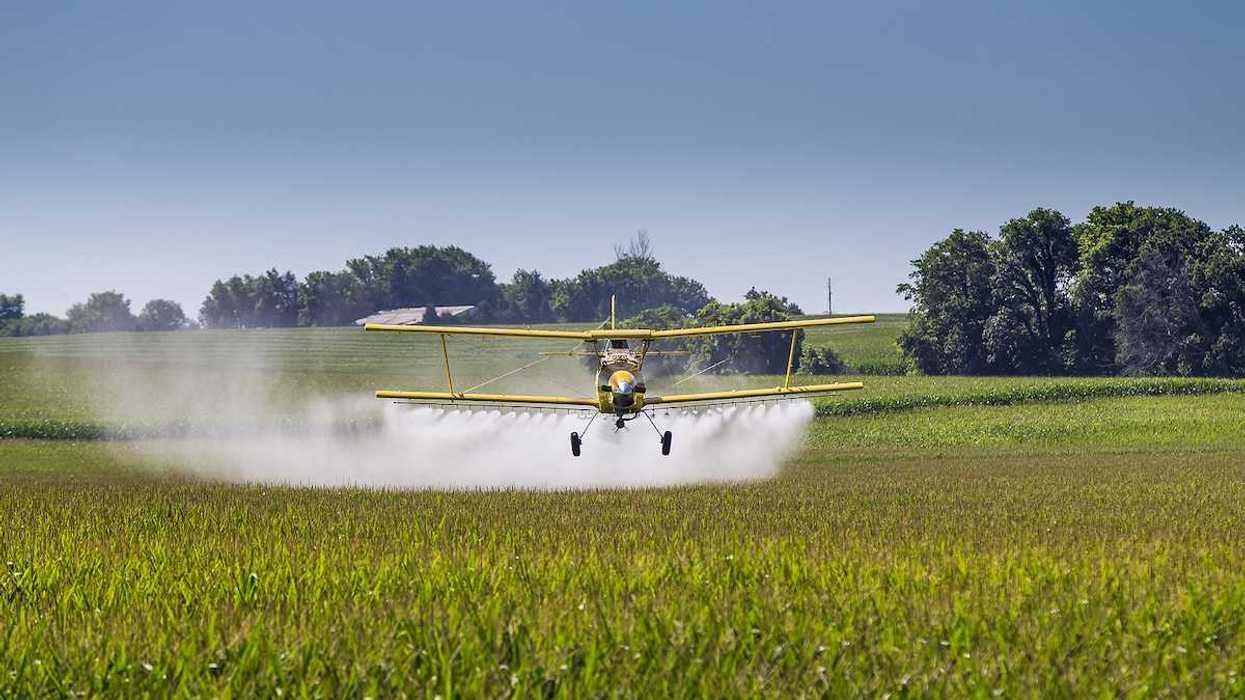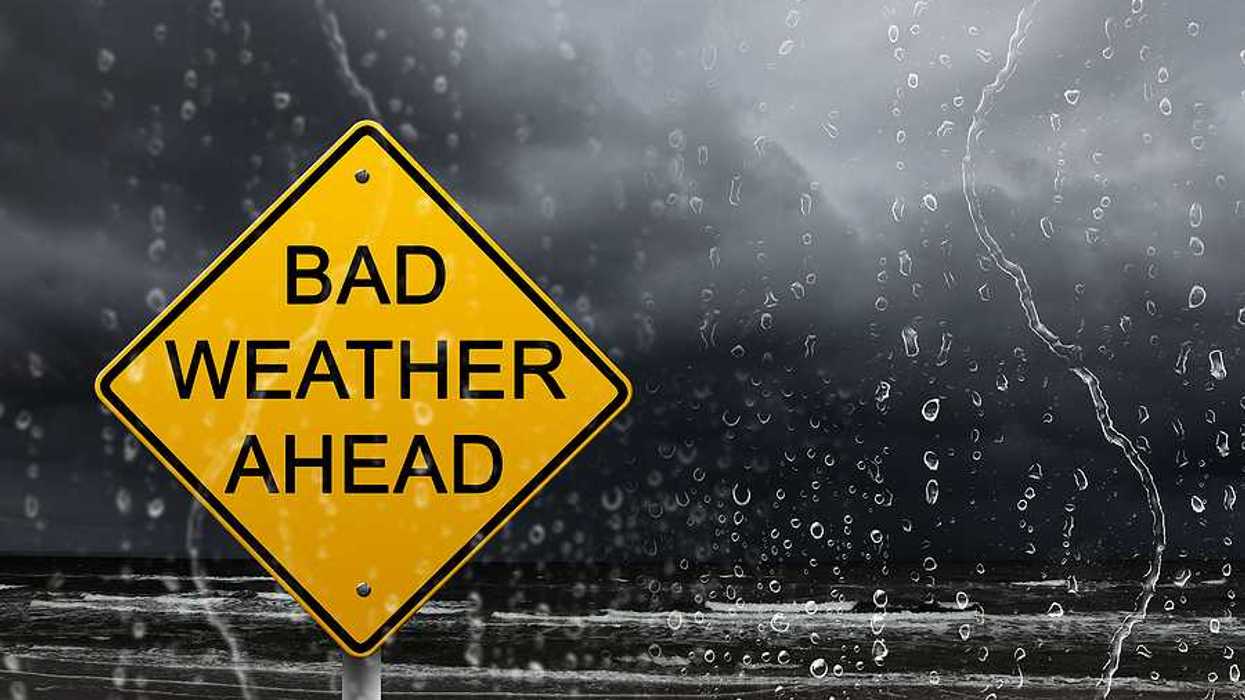Communities and scientists are teaming up to replenish oyster populations, utilizing recycled shells and lab-grown larvae to combat ecosystem loss and bolster coastal defenses.
Melissa Gaskill reports for The Revelator.
In short:
- Oyster populations have significantly declined since the 1800s, impacting marine life and coastal protection against storms.
- The "Sink Your Shucks" program in Texas recycles oyster shells from restaurants to provide homes for oyster larvae, restoring over 45 acres of reefs.
- In areas like the Chesapeake Bay, where natural oyster reproduction is insufficient, hatcheries produce larvae that attach to shells, aiding in reef restoration efforts.
Key quote:
"Oyster shells in a landfill are a resource out of place. That really resonated with me. When you dredge an oyster reef, you essentially destroy it for a significant period of time. We can’t do that anymore."
— Brad Lomax, owner, Water Street Market
Why this matters:
Oysters are more than just a culinary delight; they play a pivotal role in their habitats. A single oyster can filter up to 50 gallons of water a day, removing pollutants and improving water clarity and quality. Their reefs provide critical habitat for a myriad of marine life, including fish, crabs, and other shellfish, bolstering local biodiversity.
Ocean acidification impairs mussels' ability to attach to surfaces – alarming commercial growers farming the waters around Puget Sound. If you like your moules marinieres, this is bad news.














